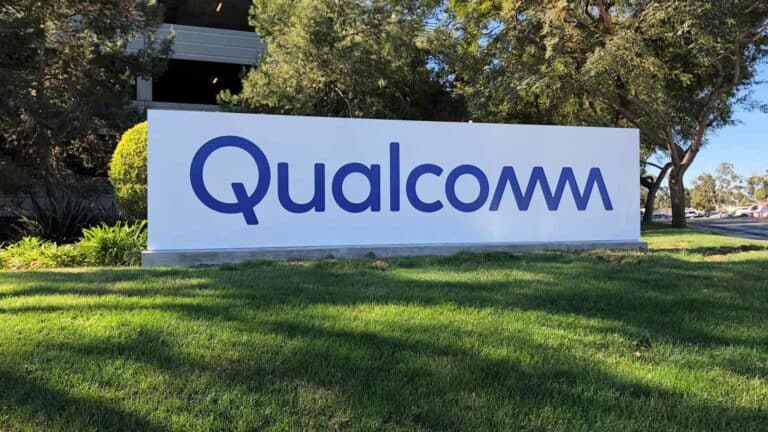Qualcomm’s central processors are properly licensed under an agreement with Arm. This ruled the jury in a trial in a US federal court.
This reports Reuters news agency. A week of courtroom arguments and deliberations ended in a mistrial. The jury failed to answer any of the three questions in the lawsuit between the two chip giants. Qualcomm stated that the outcome affirms its right to innovate. Arm announced a new trial.
Mediation desired
The outcome means the case could be retried in the future. Judge Maryellen Noreika, who presided over the case in Delaware federal court, urged Arm and Qualcomm to resolve their dispute through mediation.
“I don’t think either side had a clear victory or would have had a clear victory if this case is tried again,” Noreika told the parties.
License not violated
After more than nine hours of deliberations over two days, the eight-member jury could not reach a unanimous verdict on whether startup Nuvia had violated the terms of its license with Arm. However, the jury did rule that Qualcomm had not violated that license. Qualcomm acquired Nuvia in 2021 for $1.4 billion.
The jury also concluded that Qualcomm’s chips, developed with Nuvia technology and crucial to Qualcomm’s attempt to enter the PC market, were licensed correctly in Qualcomm’s agreement with Arm. This allows Qualcomm to continue selling these chips.
“The jury has vindicated Qualcomm’s right to innovate and affirmed that all the Qualcomm products at issue in the case are protected by Qualcomm’s contract with Arm,” Qualcomm said in a statement.
“Protecting intellectual property.”
An Arm spokesman said the company was disappointed that the jury could not reach a consensus on the company’s claims. He said the goal was to protect the company’s intellectual property.
The dispute between Arm and Qualcomm revolved around the royalty rate Qualcomm would pay each chip. Nuvia had to pay higher rates than Qualcomm before Qualcomm bought the startup company and integrated the technology into chips under its license with Arm at lower royalty rates.
However, the lawsuit’s outcome leaves the question of where Arm’s technology begins and ends. Arm licenses its computer architecture to companies and sells designs for cores as off-the-shelf products.
Some of Arm’s more sophisticated customers, such as Apple, Qualcomm and Nuvia, license Arm’s architectures but develop their custom cores. During the trial this week, Arm’s lawyers argued that the licensing terms with Nuvia gave Arm the right to demand the destruction of Nuvia’s custom core designs.
